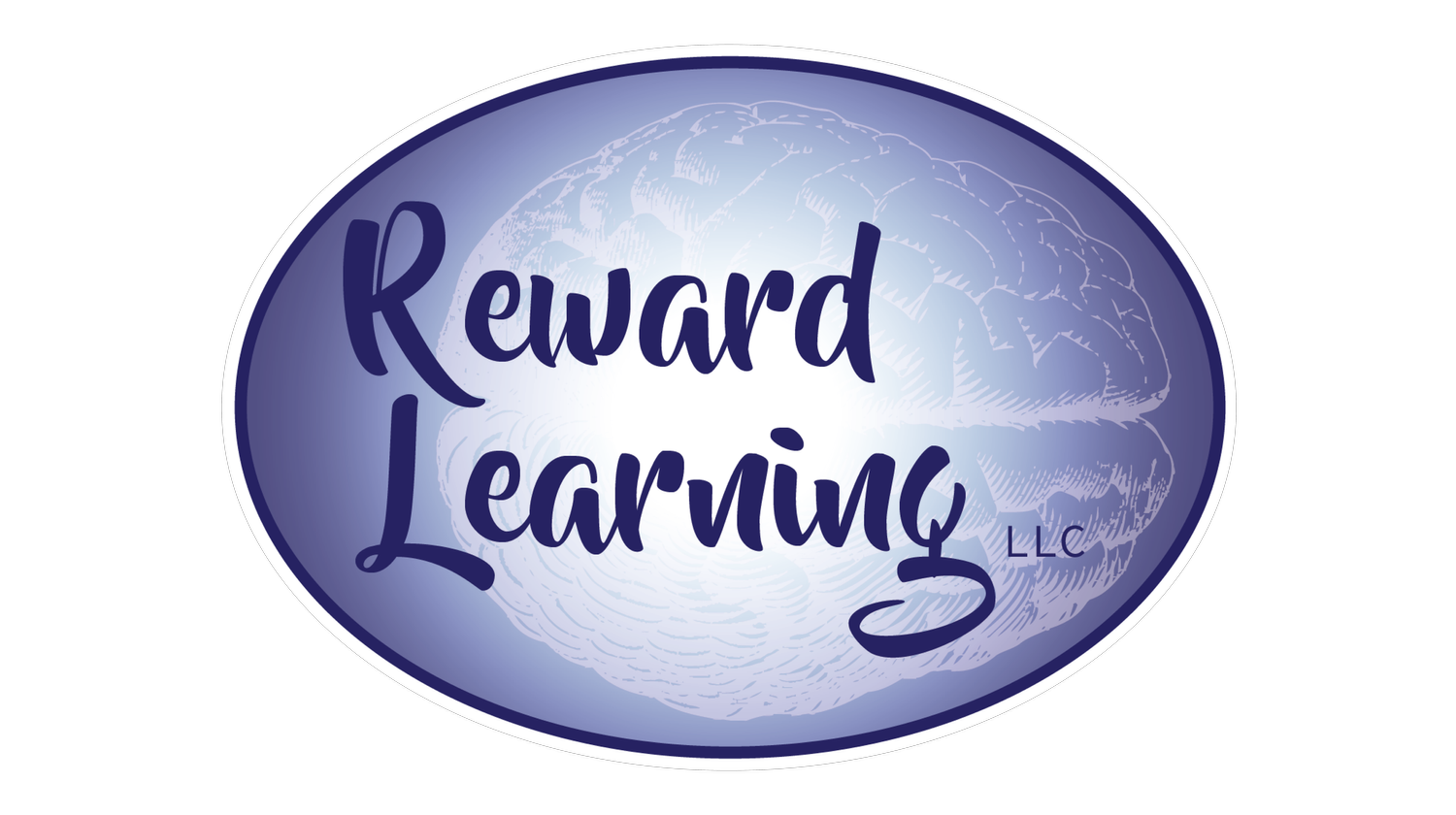Colleges, universities, and licensing examinations typically offer accommodations for individuals with a diagnosis that affects their learning.
In my years of practice, I have conducted many assessments for individuals with ADHD/”ADD”, Autism, or Specific Learning Disorders (such as dyslexia in reading, dysgraphia in writing, or dyscalculia in math).
These assessments have successfully resulted in these individuals receiving needed accommodations, such as extra time for tests or testing in an alternate location.
Educational institutions and governing boards usually provide information on their websites about the types of evaluations needed to obtain these accommodations, including the required tests and the qualifications of the professional conducting the assessment.
Indications You May Require A College/Testing Accommodation
In my professional experience, warning signs that might indicate the need for such accommodations include struggling in school despite hard work, spending countless hours studying without adequate results, and repeatedly not passing important exams when peers do.
Feelings of hopelessness, struggling to learn and retain understanding despite adequate instruction, reluctance to show academic skills due to anxiety, poor self-esteem, and negative self-thoughts like “I am not smart” or “I’m stupid” often lead to learned helplessness.
When/Why Is This Evaluation Performed?
This evaluation is crucial to obtain necessary accommodations, such as extra test time or testing in an alternate location. It helps in understanding the individual’s learning profile and related needs, and in obtaining specific recommendations for growth.
The concept of “neuroplasticity” – the brain's ability to form and strengthen connections between neurons – suggests that people with a learning disability can typically make gains with appropriate interventions. A comprehensive assessment is vital in identifying the types of interventions required.
How Does the Evaluation Take Place? What Should I Expect? What Should I Expect After the Assessment?
The individual or parent can choose between a Psycho-Educational Assessment or a Pediatric Neuro-Cognitive (aka “School Neuro-Psych”) Evaluation.
In my role, I guide the decision-making process regarding the recommended type of evaluation. If the examinee is a child, I adhere to standard practices focusing on child safety.
I offer these assessments and other related services out of my professional office located in Roseville, California. As a Licensed Educational Psychologist in the State of California, my practice is dedicated to providing insightful and comprehensive assessments and services to support the educational and developmental needs of my clients.
